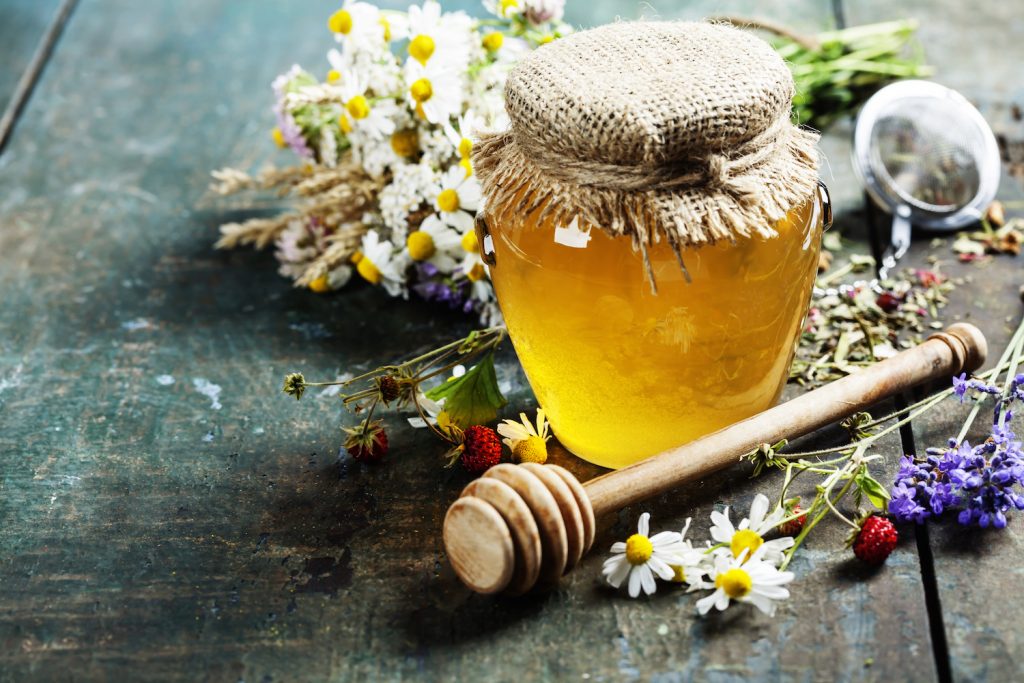You may know it as the sweet stuff that you put in your tea to soothe a scratchy throat when you have a cold. But as it turns out, many people claim that honey can actually help a wide range of seasonal allergy symptoms as well, like itchy eyes and runny noses. As an all-natural remedy, it’s both widely available, and easy and delicious to consume.
While there’s no concrete, scientific evidence that confirms the theory, plenty of anecdotal support can be found, and the suggestion goes back years and years. The idea is that, since many pollen spores that cause so much sniffling and sneezing can actually be found right in the honey itself, a little “hair of the dog” allegedly helps build up a resistance to the allergens over time. This process is called immunotherapy, and is akin to getting allergy shots that also contain particular allergens in order to help the body adjust to the and lessen reactions with each dose. Supposedly, after enough doses of the honey, allergies all but disappear.

In particular, local honey is said to be the best remedy, as the pollen is more likely to include all of the big, bad grass/weeds/mold from the region that give sufferers the most trouble. Raw honey is also recommended, since it still contains live enzymes and will help you avoid a histamine overdose. Rather than the commercial varieties you’ll find in the grocery store, head to an area farm stand to find unprocessed honey instead.
Again, it’s unclear based on empirical studies whether the honey has the power to truly cure allergic rhinitis, but there are certainly legions of folks who swear by it, including naturopathic doctors. Whether or not the allergy connection exists, honey has been shown to increase energy, sharpen memory, encourage sleep, heal wounds, and keep coughs at bay. It’s a wise addition to any pantry!











